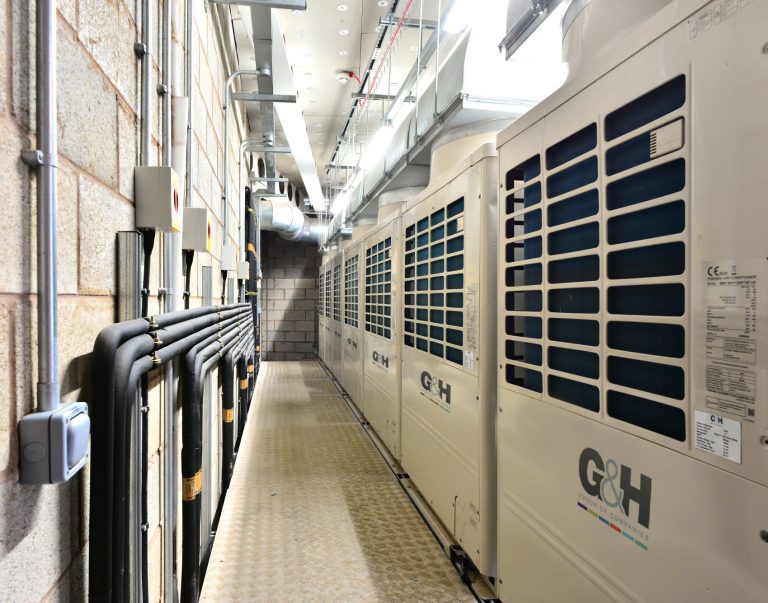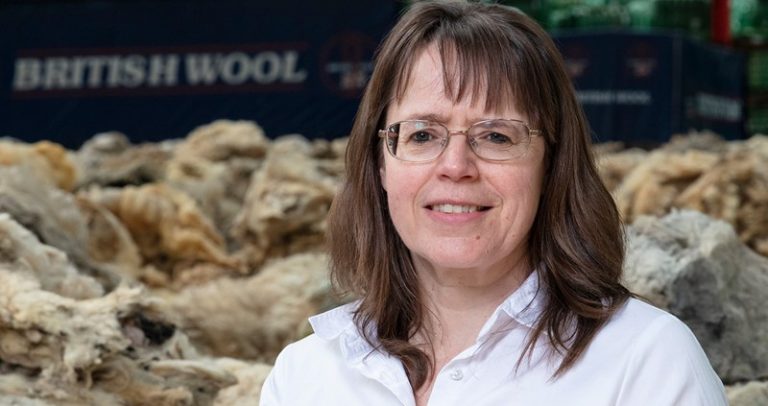Smart Works Leeds joined by local businesses in mission to invest in the women of Yorkshire
Lincoln High Street store acquired for national card retailer
G&H Group secures funding to help schools and council buildings move towards Net Zero
Leeds-based mechanical, electrical and public health service provider, G&H Group, will support 13 public sector buildings in Leeds, York, Middlesbrough and London, to move closer to Net Zero after securing £2.5m of funding from the government’s Public Sector Decarbonisation Scheme, saving 8,000 tonnes of carbon.
G&H Group’s projects division secured the funding by working both directly with multi-academy trusts and in collaboration with building surveyors and energy consultants. Work on the 13 projects will be delivered by G&H Group and includes installing ground source heat pumps (GSHPs), solar panels, window and roof fabric upgrades, air source heat pumps (ASHPs) and LEDs. All projects will be delivered by 31 March 2024.
Marc Ambler, operations manager, G&H Projects, said: “We have extensive experience assisting both clients and building surveyors and energy consultants in navigating the PSDS applications process, securing funding and reducing their carbon emissions. Our experienced on-site team will deliver all 13 projects across multi-academies and local authority buildings with all work, on completion saving 8000 tonnes of carbon.”
The Department for Business, Energy and Industrial Strategy (BEIS) launched the PSDS initiative in 2020, to provide grants for public sector bodies and fund decarbonisation and energy efficiency measures, to help meet the UK government’s Net Zero greenhouse gas emissions 2050 target.
As well as securing £2.5m through the PSDS, G&H Group recently secured eight school projects worth £2m through the government’s Condition Improvement Fund.
Caddick Group’s charity abseil raises more than £20,000
Caddick Group, the Yorkshire-headquartered property business, has raised over £20,000 for charity by abseiling down the face of Moda’s New York Square building at SOYO, Leeds.
The effort raised vital funds for three of the organisation’s charity partners, the Motor Neurone Disease (MND) Association, Candlelighters Trust and Children’s Heart Surgery Fund.
The charity abseil brought together over 60 people including employers, partners and supporters, all eager to contribute to the important cause. Participants took on the exhilarating challenge of descending down the 148ft Moda building, located in the heart of Leeds’ cultural quarter.
Kairen Brown, head of CSR at Caddick Group, expressed her pride in the event’s success, stating: “This brilliant event has not only raised substantial funds for our charity partners but has also brought out team and community closer together.
“As part of our wider commitments as a business, we are dedicated to supporting charitable initiatives that have a real and tangible impact on people’s lives. This event perfectly encapsulates our dedication to making a positive difference and is another example of where we’re supporting our home city.”
Paul Caddick, founder and chairman of Caddick Group, added: “We are immensely proud of the funds raised through this charity abseil.
“Our commitment to giving back to the community is deeply rooted in our company’s ethos, and we will continue to support initiatives that create positive change and improve lives.”
Candlelighters Trust, one of the beneficiaries of the funds raised, expressed their gratitude for Caddick Group’s unwavering support.
Chris Salt, philanthropy manager at Candlelighters Trust, said: “We are incredibly grateful to Caddick Group for their continued support. The funds raised through the event will make a significant difference to the lives of children and families affected by cancer. This remarkable display of support underlines Caddick Group’s dedication to the community and their tireless efforts in making a positive impact.”
Caddick Group recently celebrated their major fundraising milestone of £100,000 with Candlelighters, as they continue to nurture a longstanding charity partnership.












